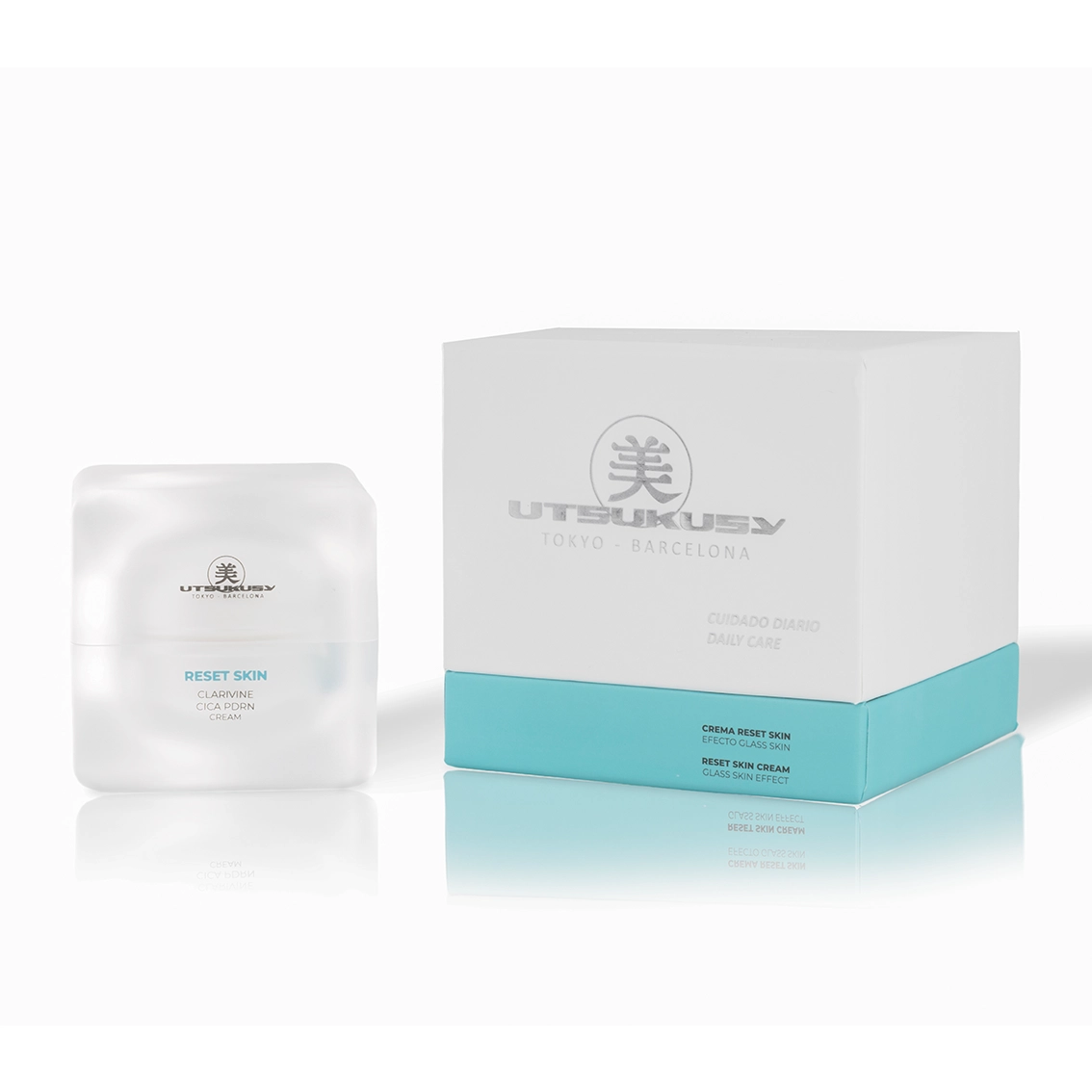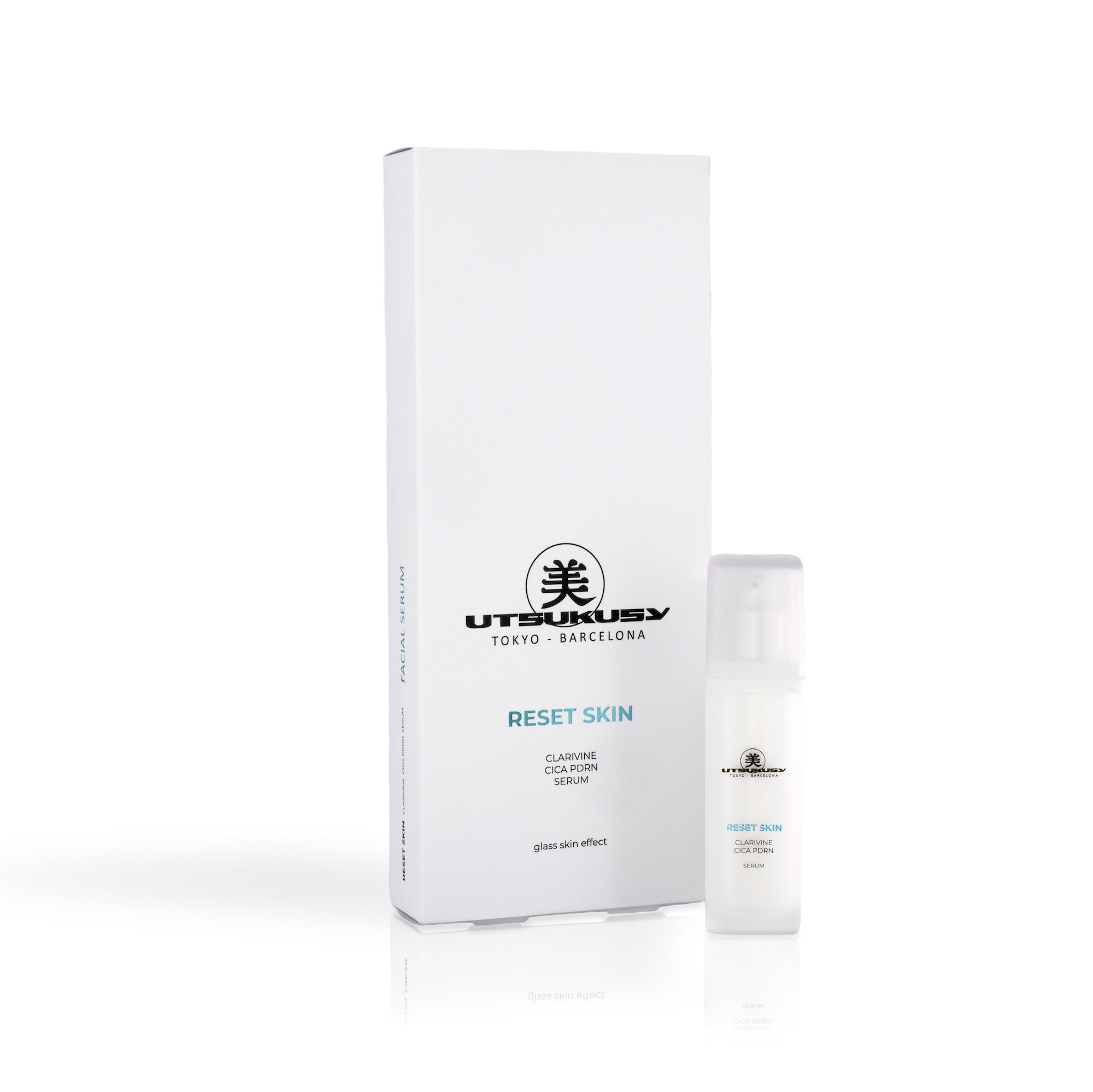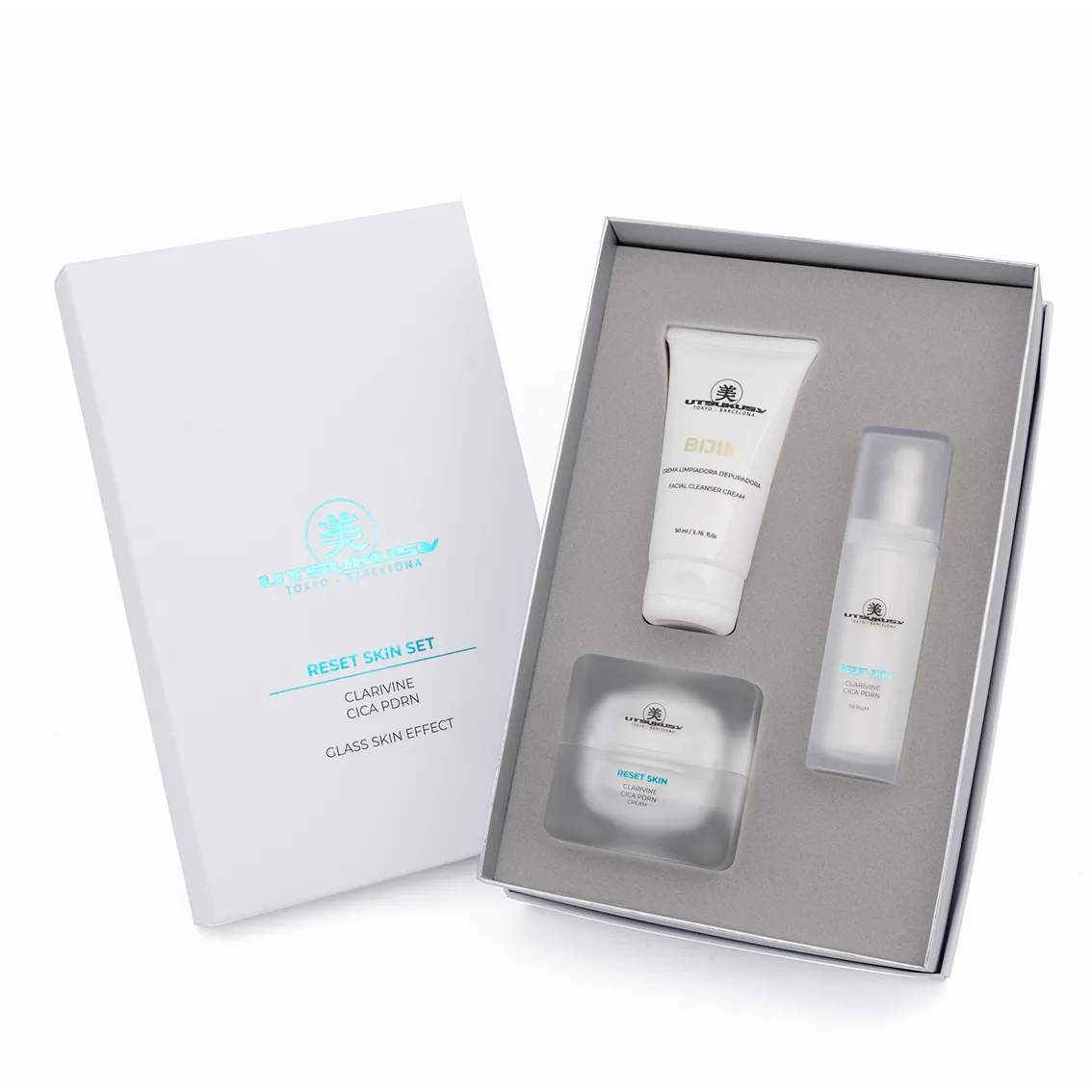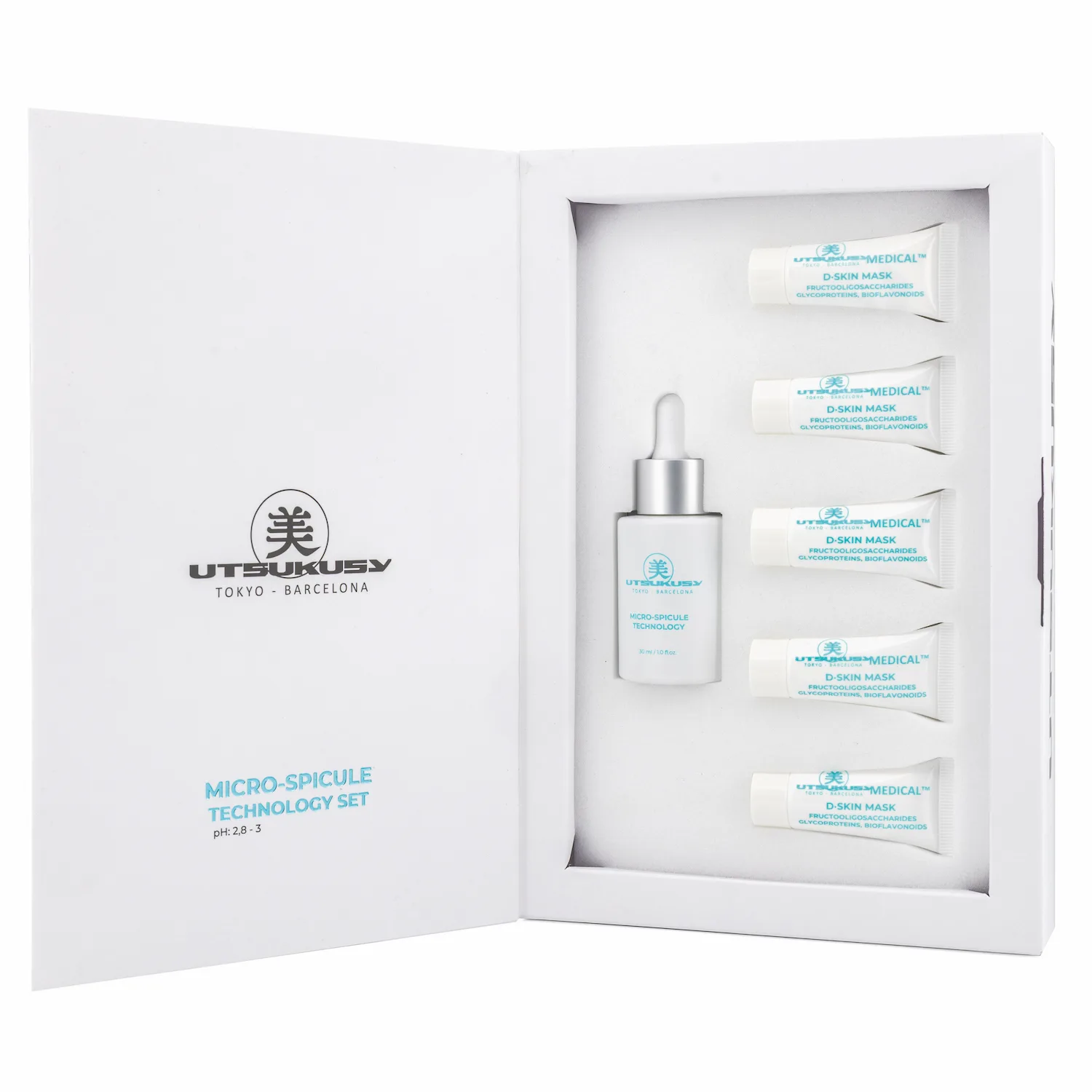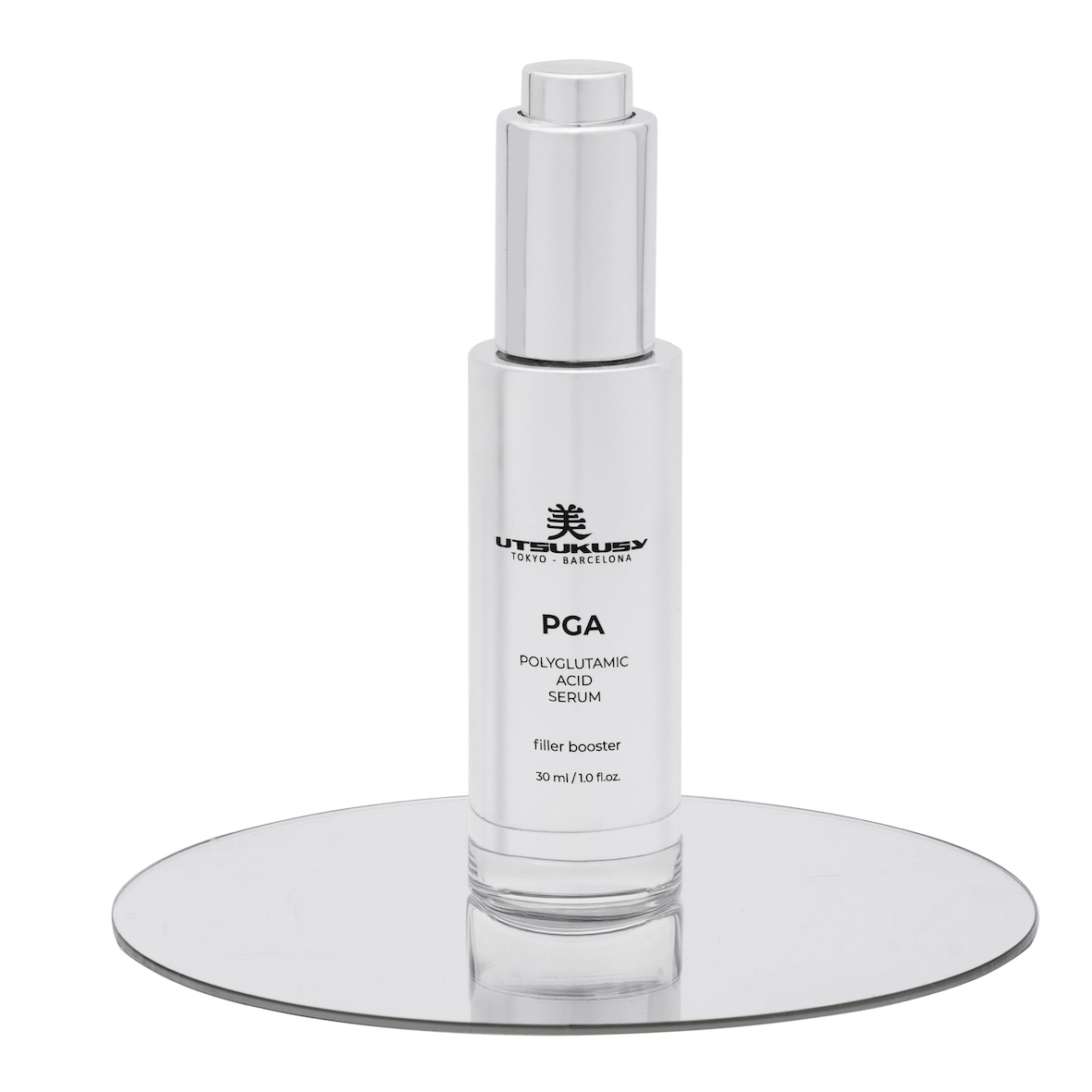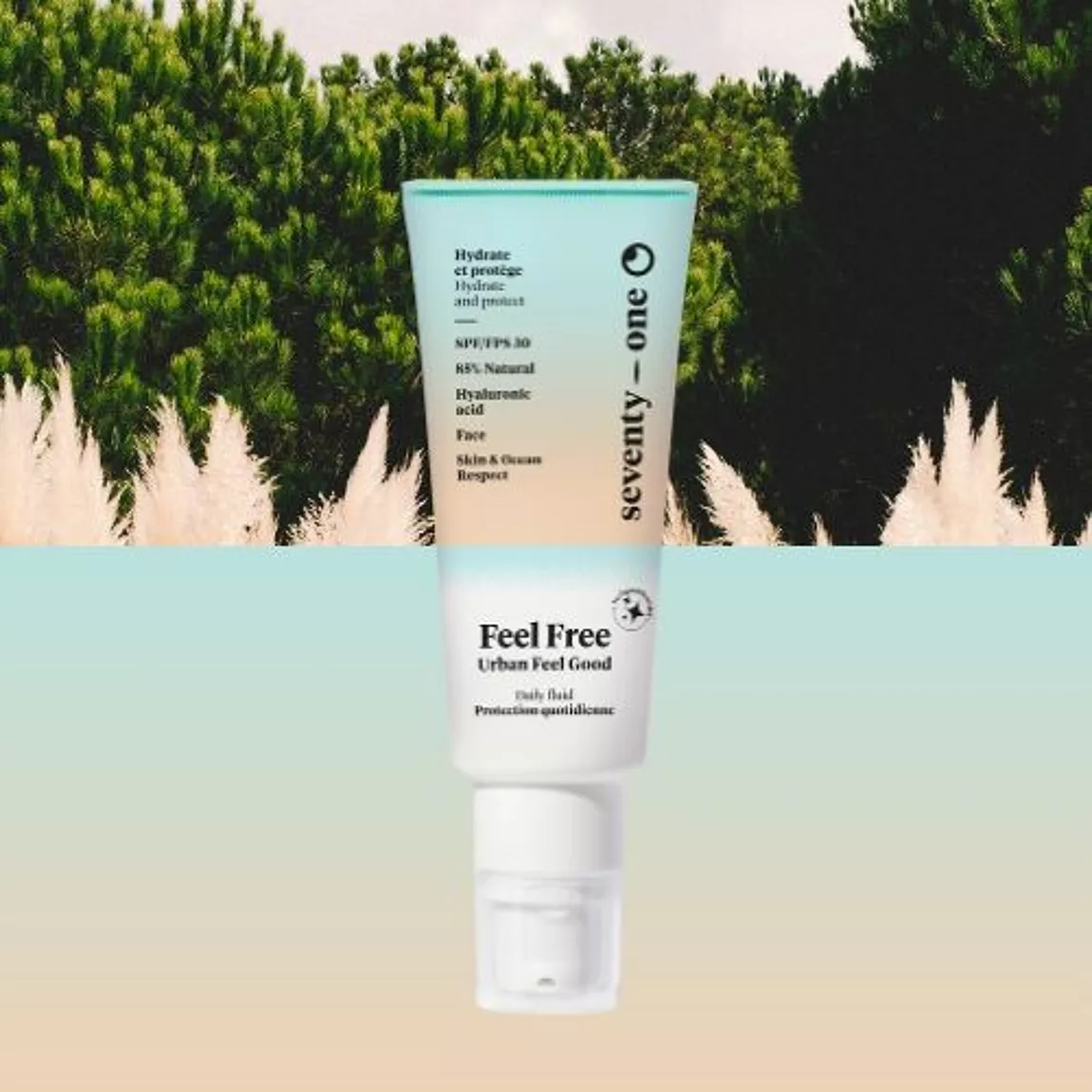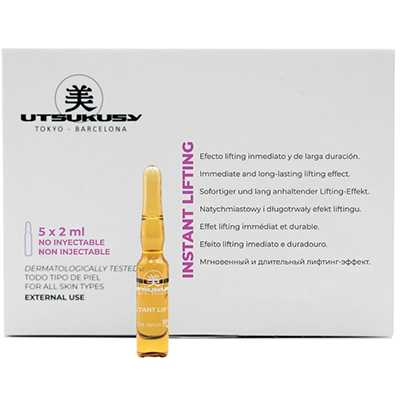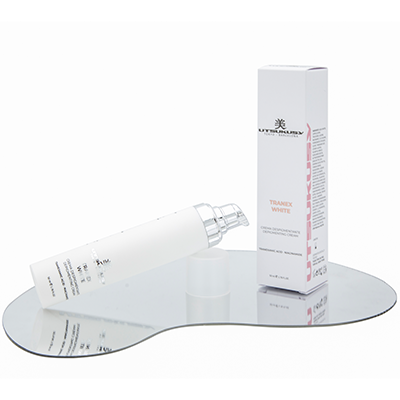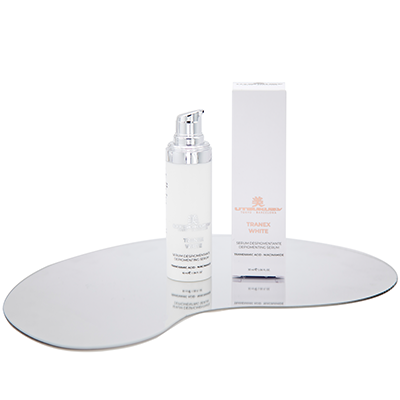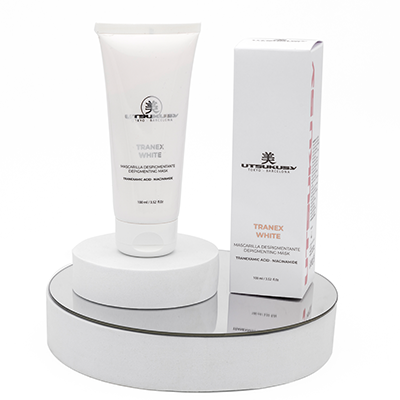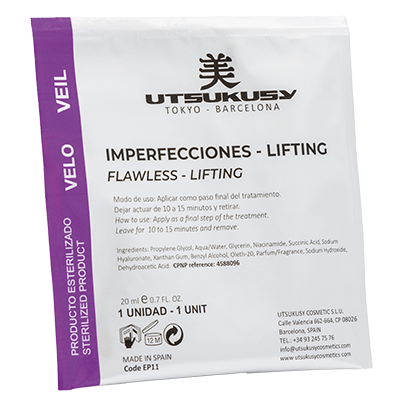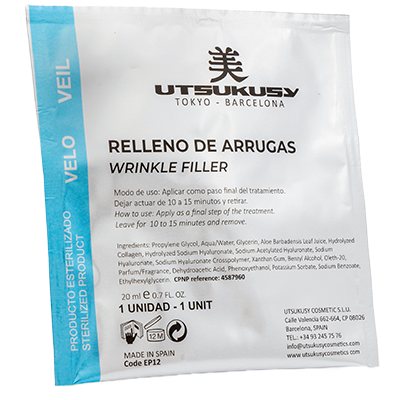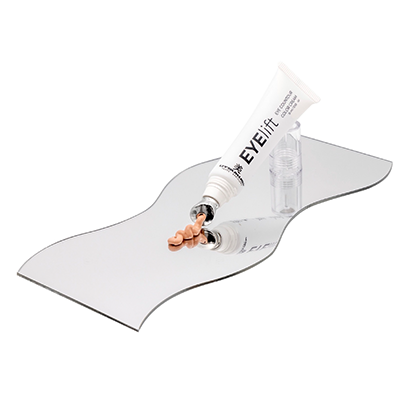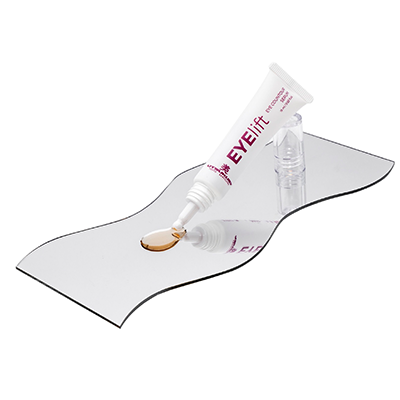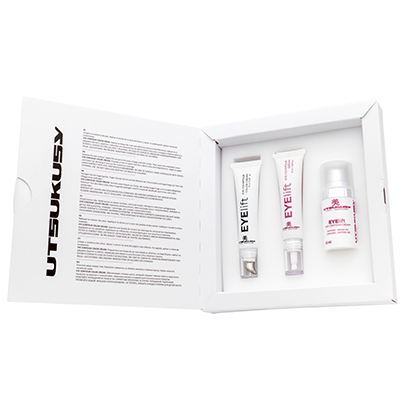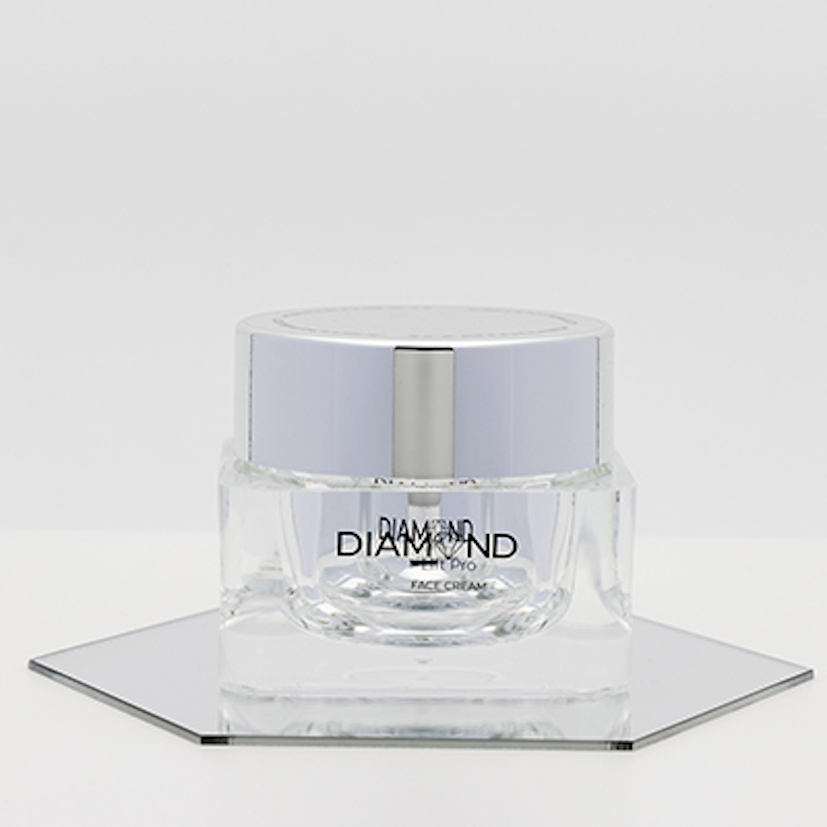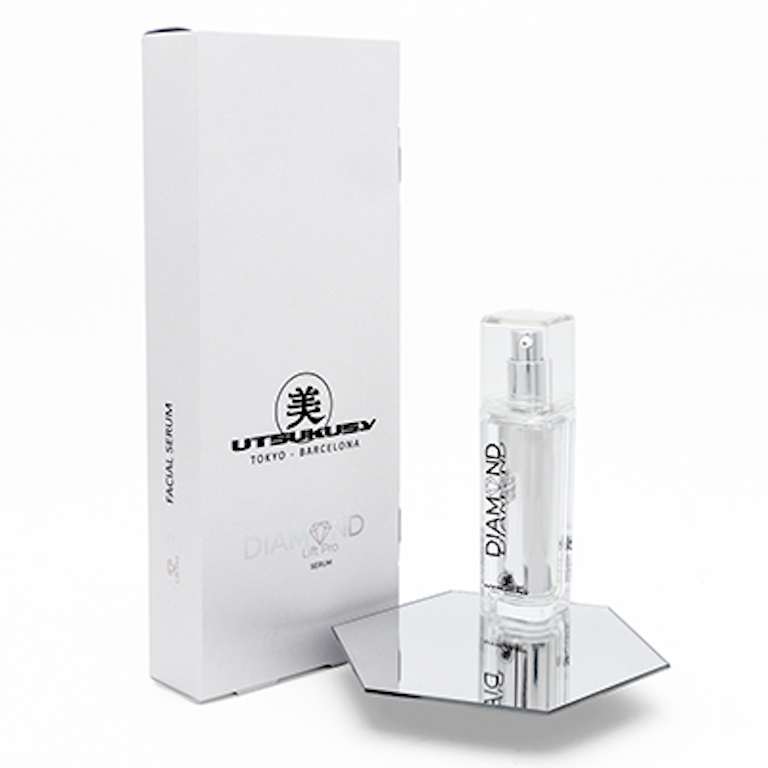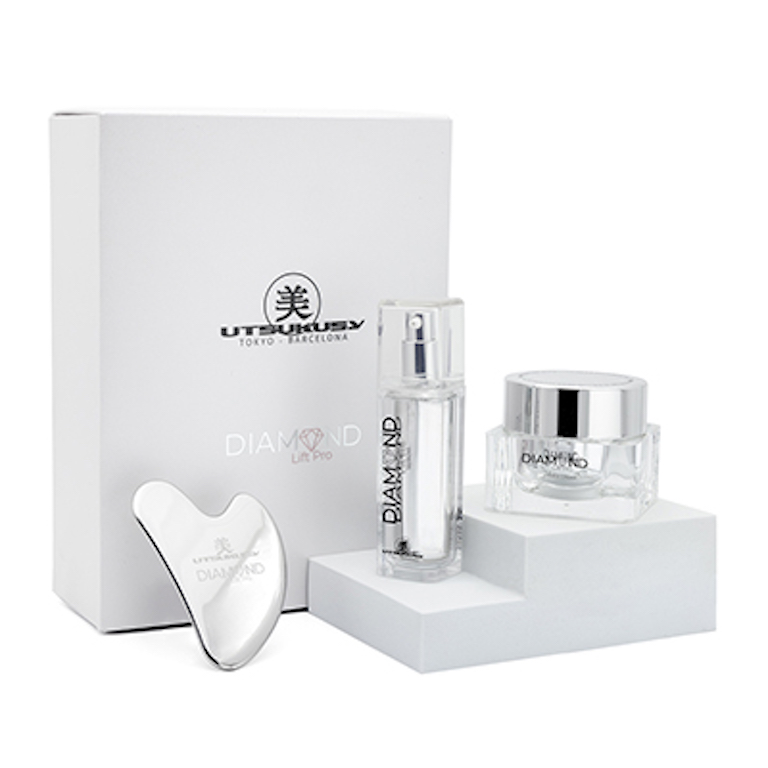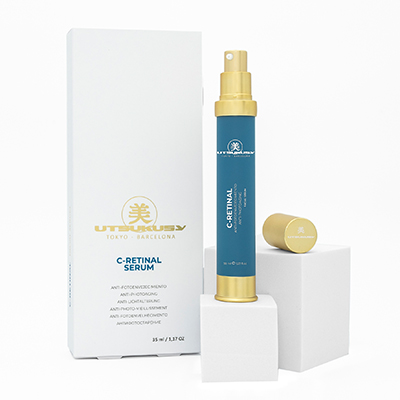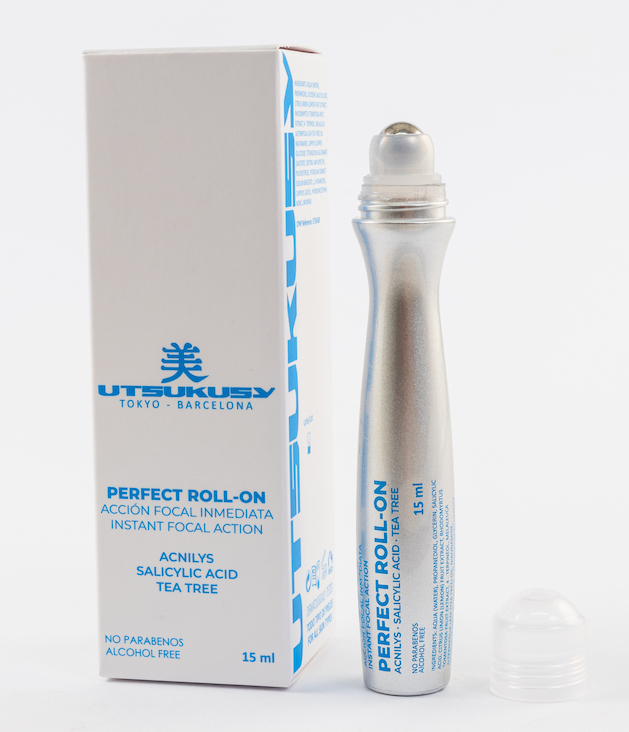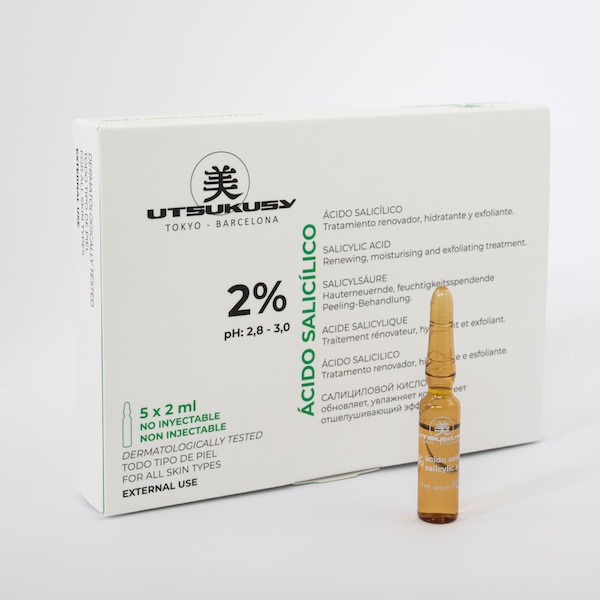Oily skin
Content: 50 ml (€219.80* / 100 ml)
Content: 30 ml (€333.00* / 100 ml)
Content: 30 ml (€333.00* / 100 ml)
Content: 40 ml (€74.75* / 100 ml)
Content: 10 ml (€369.00* / 100 ml)
Content: 50 ml (€129.80* / 100 ml)
Content: 30 ml (€223.00* / 100 ml)
Content: 15 ml (€246.00* / 100 ml)
Content: 15 ml (€246.00* / 100 ml)
Content: 3 Stück (€33.30* / 1 Stück)
Content: 50 ml (€239.80* / 100 ml)
Content: 80 Milliliter (€216.13* / 100 Milliliter)
Content: 35 ml (€228.29* / 100 ml)
Content: 35 Milliliter (€228.29* / 100 Milliliter)
Content: 30 Milliliter (€199.67* / 100 Milliliter)
Content: 50 Milliliter (€137.80* / 100 Milliliter)
Content: 15 Milliliter (€2,326.67* / 1000 Milliliter)
Guide to oily skin care
- Skin structure: Why does the skin become oily?
- Causes of oily skin
- Cleansing oily skin: The first step to skincare
- Oily skin care: the right products and tips
- Conclusion
Guide to oily skin care
Welcome to our guide to oily skin care. In this post, we'll look at the different aspects of oily skin, including its causes, skin structure, proper cleansing and skincare to help you achieve a fresh and radiant complexion.
At Beauty.Camp, we understand the challenges of dealing with oily skin and offer you effective solutions and high-quality products to improve your skin health. Find out more about the right skincare for oily skin.
Skin structure: Why does skin become oily?
To understand how to care for oily skin, it is important to look at the structure of the skin in detail. The skin is the largest organ in our body and fulfils a number of important functions. It is made up of different layers, including the epidermis, dermis and subcutaneous tissue.
Causes of oily skin
Oily skin can be due to a variety of causes. It is important to understand these causes in order to take effective measures to care for oily skin. Here are some of the main causes:
- Overproduction of sebum: Sebum is a natural oily substance produced by the sebaceous glands in the skin. However, in some people, the sebaceous glands produce excessive amounts of sebum, which leads to oily skin.
- Genetic predisposition: Oily skin can be partly genetic. If your parents or siblings have oily skin, it is more likely that you are also affected.
- Hormonal changes: Hormonal changes, such as those that occur during puberty, menstruation, pregnancy or menopause, can lead to oily skin. Hormones such as testosterone can increase sebum production.
- Environmental factors: Certain environmental conditions can favour oily skin. High humidity, warm weather or frequent exposure to heat can cause the sebaceous glands to produce more sebum.
- Excessive cleansing or frequent touching of the face: Frequent washing of the face or touching with the hands can irritate the skin and cause the sebaceous glands to produce more sebum to protect the skin.
- Using the wrong skincare products: Using skincare products that are not suitable for oily skin or are too rich can stimulate sebum production and make the skin oily.
- Stress: Stress can lead to hormonal changes that can affect sebum production. Some people tend to get more oily skin when stressed.
It is important to note that oily skin is not necessarily a sign of poor hygiene. A good skincare regime and the use of appropriate products can help to reduce shine and improve the appearance of the skin. If problems or skin conditions persist, it is advisable to consult a dermatologist.
Cleansing oily skin: the first step towards skincare
Proper cleansing is the crucial first step in caring for oily skin. Thorough cleansing removes excess sebum, dirt, dead skin cells and impurities to clear pores and improve skin texture. Here are some important tips for cleansing oily skin:
- Use mild cleansing products: Avoid heavily perfumed or rich cleansers as they can irritate the skin and increase sebum production. Instead, choose mild, soap-free cleansing gels or lotions that have been specially developed for oily skin.
- Wash your face twice a day: cleanse your face thoroughly in the morning and evening. Use lukewarm water to open the pores and gently massage the cleanser into the skin. Then rinse thoroughly with water.
- Avoid over-washing: Although it is important to cleanse oily skin regularly, you should still avoid over-washing. Washing too often can dry out the skin and cause the sebaceous glands to produce even more sebum to compensate for the loss of moisture.
- Use a gentle facial scrub: A gentle facial scrub once or twice a week can help remove dead skin cells and unclog pores. Choose a scrub with fine particles so as not to irritate the skin.
- Avoid products containing alcohol: Products containing alcohol can dry out the skin and lead to an overproduction of sebum. Therefore, avoid products such as toning toners that contain alcohol.
- Use oil-free moisturisers: Oily skin also needs moisture. However, choose light, oil-free moisturisers that are quickly absorbed and do not clog pores. Make sure that the moisturiser is not too rich to avoid an oily feeling.
- Avoid touching your face: Try not to touch your face with your hands as this can transfer extra oil and dirt to the skin. Also avoid blotting your face too often as this can stimulate sebum production.
These tips should help to thoroughly cleanse oily skin without over-drying or irritating it. Remember that every skin type is different, so you may need to experiment a little to find the best products and routines for your skin.
Oily skin care: the right products and tips
As well as cleansing, the right skincare regime is crucial to keeping oily skin healthy and improving its appearance. Here are some important tips and products that can help you care for oily skin:
- Use toning toners: a toning toner can help remove excess oil from the skin and shrink pores. Make sure to choose an alcohol-free toner to avoid drying out the skin.
- Use products with salicylic acid: Salicylic acid is an effective ingredient for treating oily skin and clearing clogged pores. Look for cleansers, toners or creams that contain salicylic acid to regulate sebum production and reduce blemishes.
- Avoid rich or oily moisturisers: Choose light, oil-free moisturisers or gels that absorb quickly and don't clog pores.
- Use mattifying products: To reduce shine on oily skin, you can use products with mattifying properties. Mattifying primers, foundations or powders can help absorb excess oil and create a matte finish.
- Use face masks regularly: Deep cleansing clay or mud masks can help to remove excess oil and impurities. Be careful not to use a mask too often as this can dry out the skin. Once or twice a week is usually sufficient.
- Protect your skin from the sun: Even oily skin needs sun protection. Choose oil-free, non-comedogenic sunscreens with an SPF of at least 30 and apply them daily to protect your skin from harmful UV rays.
- Pay attention to your diet and lifestyle: Eating a healthy diet, getting enough sleep and avoiding excessive alcohol and cigarette consumption can have a positive effect on skin health. A balanced lifestyle can help to maintain the balance of the skin.
It is important to note that each skin type is individual, and what works for one person may not necessarily work for another. Experiment with different products and techniques to find out what works best for your skin. If you have persistent skin problems or severe acne, it is advisable to consult a dermatologist.
Conclusion
Oily skin care requires a personalised and tailored routine. You can improve the appearance of oily skin and achieve a fresh complexion through thorough cleansing, the use of suitable products and the right skincare regime. At beauty.camp, we offer high-quality products and professional advice to help you care for your oily skin. Don't miss the opportunity to improve your skin health and achieve a radiant complexion. Order our recommended products for oily skin care now and start your journey to healthier skin today!

